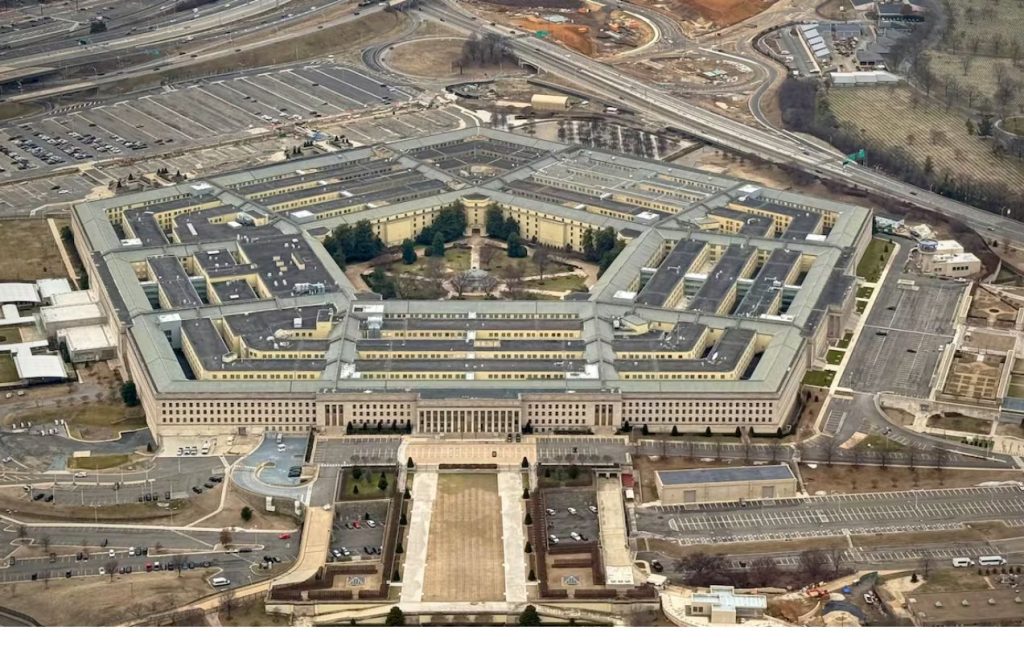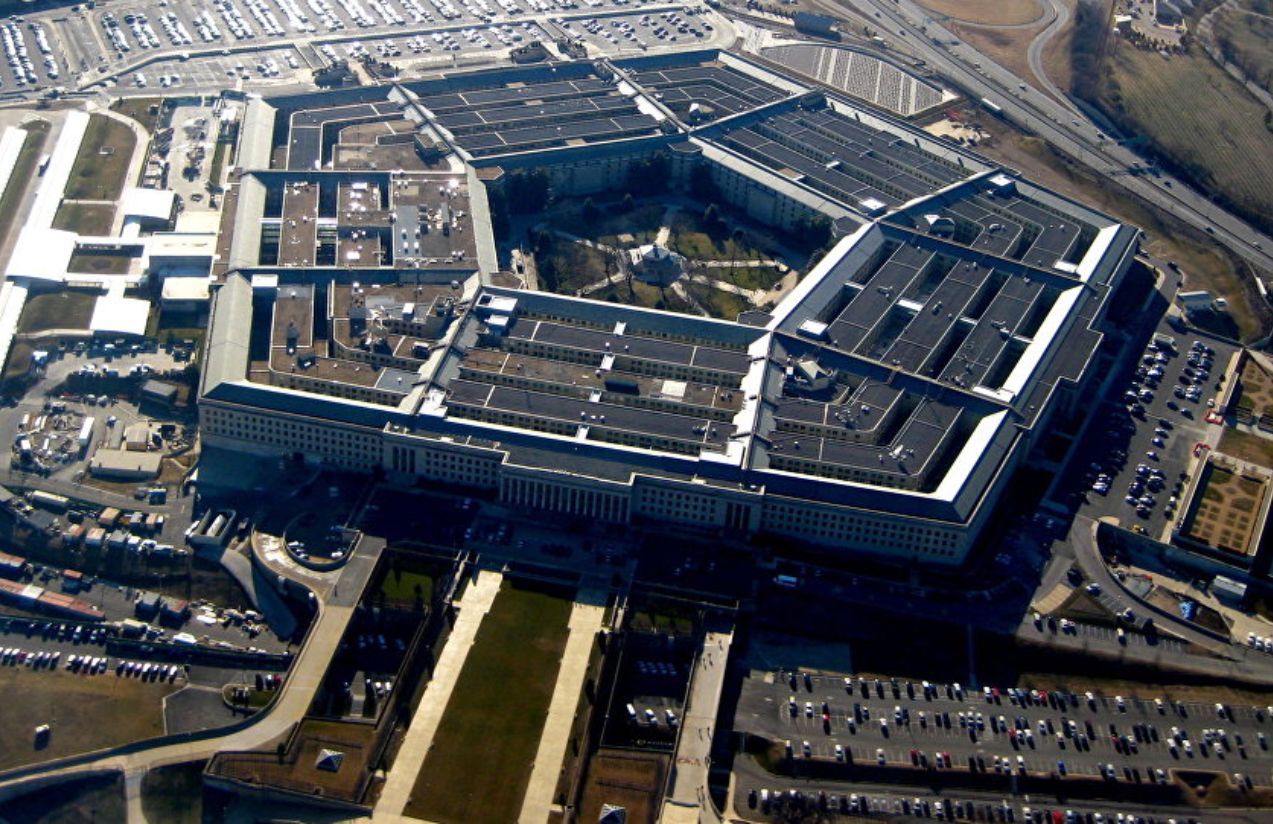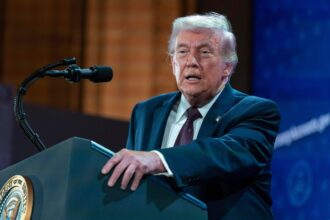During the prolonged partial shutdown of the U.S. government, the Pentagon announced today that it had accepted an anonymous donation of $130 million to cover the salaries and benefits of its active-duty troops. President Donald Trump described the donor as a “patriot” and a friend of his, though he did not reveal the individual’s identity.
The contribution was accepted under the Pentagon’s “general gift acceptance authority” and is conditioned to be used specifically for costs related to military pay and benefits.
Read More

However, budget and government ethics experts have raised concerns about the legality of using private funds to pay military personnel, noting that the U.S. Constitution and federal laws require all spending to be authorized by Congress.
Is this a real solution to the troops’ pay problem?
Not entirely. Although the amount is significant, it would only cover a small fraction of the billions the Pentagon needs to sustain its payroll. Moreover, the move sets a complicated precedent regarding the separation between public funds and private donations.
The event has sparked a serious debate about transparency, reliance on exceptional funding sources, and the ethical implications of a government agency accepting large private sums amid a nationwide budget crisis.





















